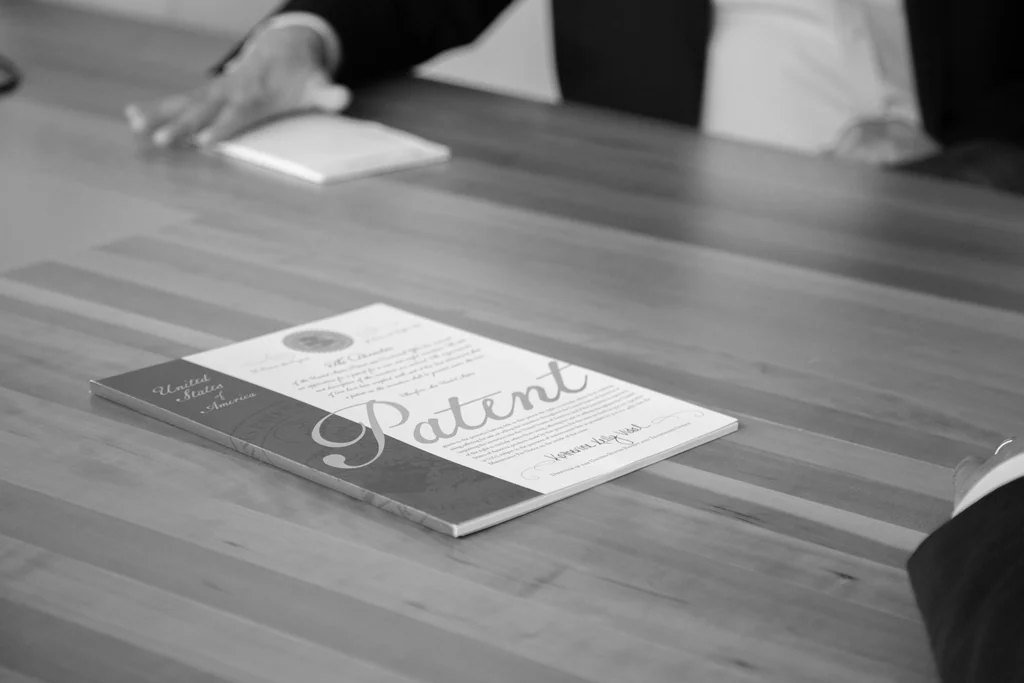After securing a copyright infringement verdict, it should be easier to obtain a permanent injunction against the infringing party, right? Not so in several jurisdictions. The U.S. Court of Appeals for the Third Circuit has now made it harder for copyright holders to get injunctive relief, even after prevailing in court.
The plot thickens
Vernon Hill, the longtime CEO of Commerce Bank, co-authored a manuscript in 2007, while still a bank employee. He left Commerce a few months before TD Bank purchased it.
After Hill published a book in 2012, TD Bank sued him, alleging that he had infringed the never-published manuscript he’d co-authored while still at Commerce. The trial court found that the bank owned the copyright under a letter of agreement and that Hill’s book irreparably violated the bank’s “right to not use the copyright.” A year later, based on evidence that Hill continued to promote his book, the court issued a permanent injunction blocking him from publishing, marketing, distributing or selling the book. Hill challenged the injunction in the Third Circuit.
Court closes book on presumption
Winning an infringement verdict alone isn’t enough to secure a permanent injunction against the infringer. The party also must show that it will suffer irreparable injury without such an injunction against infringement.
The Court of Appeals refused to accept the trial court’s “sweeping conclusions” regarding irreparable injury, which it said would justify the issuance of an injunction in every copyright case. Instead, courts should issue such relief only if the party seeking it shows it’s warranted under the particular circumstances.
The appellate court conceded that it had, in the past, applied a presumption of irreparable harm if a copyright holder established the essential elements of infringement or a reasonable likelihood of success in court. In 2006, though, the U.S. Supreme Court rejected the presumption of irreparable harm in patent infringement cases, prompting several other federal courts of appeal to reconsider, and reject, the presumption in the copyright context.
Don’t bank on an injunction
Going forward, owners of patents, copyrights and trademarks that seek permanent injunctions against infringers can’t rely on courts placing what the Court of Appeals called a “thumb on the scales” in favor of injunctive relief. Rather than inquiring only whether good reason exists not to issue an injunction, courts will require proof of injury.
TD Bank N.A. v. Hill, No. 16-2897, July 1, 2019, 3d Cir.; eBay Inc. v. MercExchange, LLC, 547 U.S. 388 (2006)

